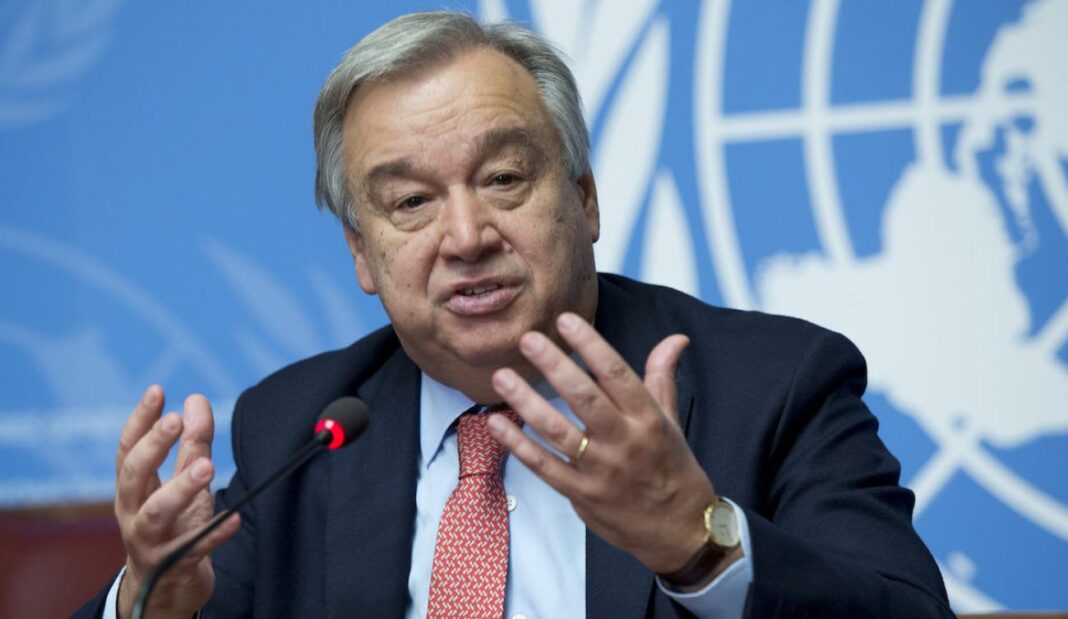UN Secretary General António Guterres today appreciated Cuba’s efforts in mediation processes by considering contradictory its permanence on the US list of nations that allegedly sponsor terrorism.
“That is not the kind of behavior one would expect from countries accused of being sponsors of terrorism,” Guterres’ spokesman, Stephane Dujarric, answered to a question from Prensa Latina.
The spokesman praised the Caribbean nation’s work in mediation processes, particularly its efforts for peace in Colombia.
Cuba hosted important negotiations for the Peace Agreements reached in 2016 and the ongoing talks between the National Liberation Army and the government of Gustavo Petro.
Its continuity on that US State Department list is considered unfair by governments and groups even within the United States.
In a recent joint statement, the Non-Aligned Movement and the Group of 77 and China demanded its removal from such list, which serves as a pretext to impose additional unilateral coercive measures against the island.
Both multinational groupings called for compliance with the 31 resolutions adopted by the United Nations General Assembly on the need to put an end to the blockade against Cuba and rejected the impact of that policy on Cubans.
At the end of May, the State Department confirmed it had removed Cuba from the list of countries which, according to Washington, do not fully cooperate in the fight against terrorism.
However, both the international community and the Cuban government consider the provision insufficient, which is not equivalent to the elimination of the list of countries sponsoring terrorism, which implies greater limitations for the economic and commercial exchange.
“The United States should do what is right and consistent with that position: remove Cuba from the State Department’s arbitrary list and put an end to the coercive economic measures that accompany it,” President Miguel Díaz-Canel reacted to the announcement.
Cuba was first included on the State Department’s list of sponsors of terrorism during the administration of President Ronald Reagan in 1982.
In 2015, then President Barack Obama considered that designation to be without merit in the case of the island and removed it.
Four years later, Donald Trump reinstated it a few days before leaving the White House, something that his Democratic successor, Joe Biden, has kept. (https://www.plenglish.com/news/2024/06/28/un-cubas-behavior-contradicts-its-inclusion-in-us-terrorist-list/)



































